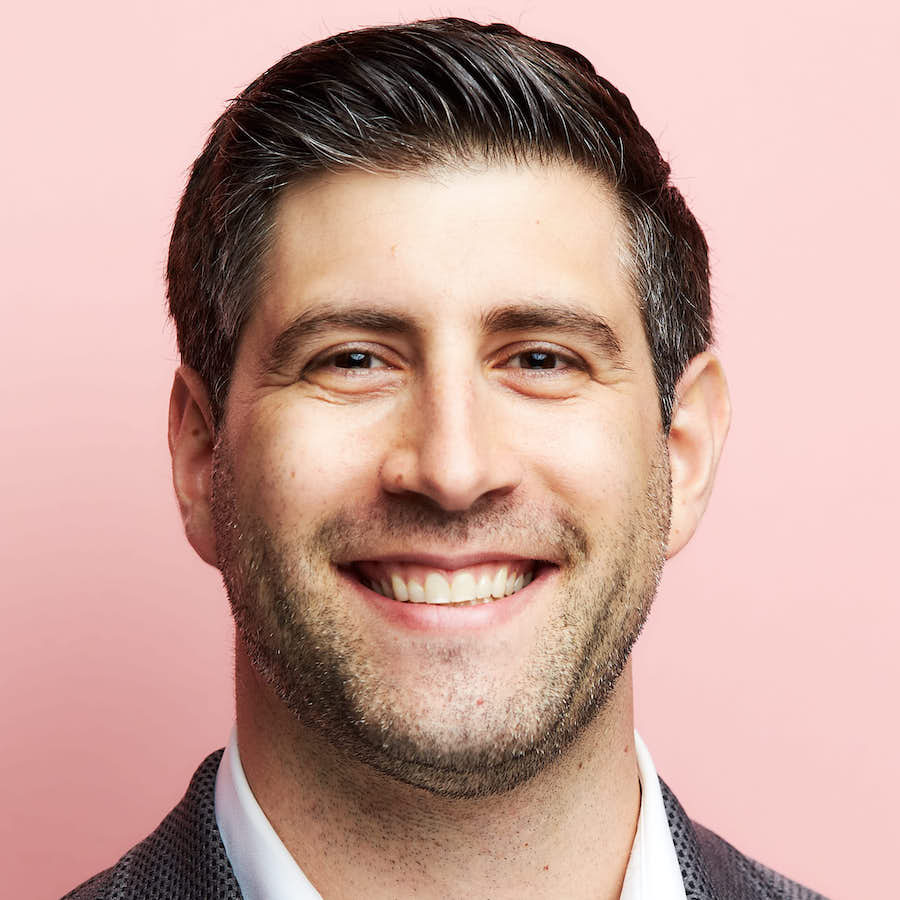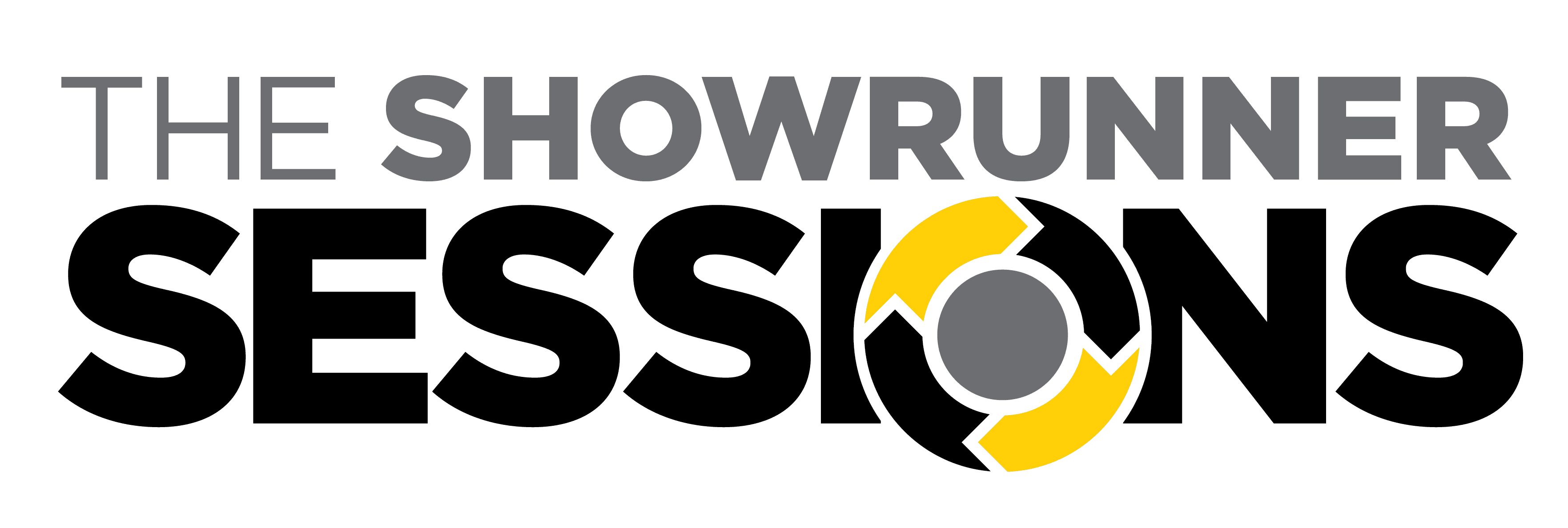What the Best Showrunners Do Differently Than Commodity Content
For a recent episode of 3 Clips, listener Jim Samuel asked us a poignant question about preparing to launch your podcast: How can I evaluate whether there’s a sufficient audience for a podcast idea I have and would like to pursue?
Here’s the quick answer. It deserves a longer explanation: You can’t know for sure, so you just have to try.
You have a sense, you have taste, you have a desire to say something, and so the worst case scenario is you practice and improve and articulate your thoughts on a few episodes, then kill the show. That’s the worst case scenario: You get better at something (and maybe earn the trust and love of a few people in the process).
Don’t launch a podcast because you’re trying to get famous. Don’t create a show to be an instant viral hit. Don’t launch because you’ve successfully determined there is pre-existing market demand for exactly what you created. Instead, make a show because you have something meaningful that you need to say, and you need to explore it more deeply than you can in almost any other type of content.
Make a show because you have something meaningful that you need to say, and you need to explore it more deeply than you can in almost any other type of content.
Someone asked me recently why I like to write. I write because I can’t not. So, create a podcast because you can’t not. Sometimes, self-expression can be its own reward. Other tines, you’re here to serve and to make a positive change and help others, and you can figure that out in any number of ways including just launching a pilot run of episodes and seeing what you learn.
But I don’t think it’s possible to justify everything you create ahead of time. The reason you want to know ahead of time is to know with certainty something will work, and I think it’s a little bit wasteful. I don’t think anything meaningful was ever created because they knew it would work ahead of time. I think you need conviction, not consensus. But you can’t be certain without trying.
I think there’s a temptation to gather up all our answers to justify acting when, instead, we should act to find our answers. People we admire aren’t creating something because they understand everything about their topic. Instead, they’re exploring that topic. Don’t create your show because you understand something. Create your show so that you might. Anything that’s been completely figured out is not worth exploring in your content any longer. Anything that’s been tried and proven in its entirety makes your show a commodity, should you copy it.
Try this instead: When you describe your show’s premise, use the XY Premise Pitch framework. It goes like this:
“This is a show about X. Unlike other shows about X, only we Y.”
Assume others will create shows about your topical area, within your industry niche or genre, or using your format. What’s your original angle, your unique hook, your refreshing wrinkle on the expected? Forcing yourself to articulate that stuff suddenly throws your efforts in sharp relief against all the commodities out there — or not. Are you blending in? Or are you standing out?
The “Visionary” Creator
Let’s go back to this idea that creating our show means knowing it will work ahead of time. Think about the people who loom large over your niche or craft. We often refer to those people as “visionaries.” We assume they see or know something we can’t or don’t, but I think that’s wrong. I think these people possess a different kind of sight, one which isn’t about seeing into the future with total clarity. I think it’s a combination of two other things.
First, visionaries see the present more clearly than most. Most of our work is based on the lagging indicators, like preexisting demand for something, or best practices, or data suggesting people are already searching for the exact list of questions we will then answer on our site. That might be useful for attracting attention, but as we say a million times a week on this site, great marketing isn’t about who arrives. It’s about who stays.
Most of our work is based on looking backwards to inform our movement forwards, but when you want to create real change, that doesn’t work. That type of work is about observing the present status quo to find what’s broken about it.
So that’s the first thing visionaries actually do: see the present more clearly.
Second, visionaries create solutions others didn’t know to ask for. Despite a lack of overt, existing demand for a solution or idea, visionaries solve problems in ways that people don’t know to ask for. They act like product managers, the best of whom intimately understand customer problems and pain, then propose a way to solve the problems and cure the pain in ways that the customer doesn’t know to ask for. Why? Because the customer can ask for features all day long, but the customer will be anchoring to (A) what they already see in the market and (B) their own limiting knowledge of developing software. This applies to our world creating content just the same.
Your audience can’t know everything that would teach, inspire, entertain, and connect. That’s your job. You have the vision. You’re the visionary. Your unique set of skills and ideas demand to be tested, not because someone is asking for them (they never could) but because you have conviction that it solves an actual problem. And that’s the trick. To justify the launch of your show, you need to understand the present more clearly — the pain, the problems, the status quo and why it’s broken — and then create something nobody asked for which exceeds their expectations.
In other words, this work is based on the interplay between two things: curiosity and imagination.
Your deep desire to understand something more fully — be that the problems your audience faces or the topic you aim to explore — then leads to sparks of your imagination. What did you learn when asking questions? Where does that take you next?
Launching a project as creative and far-ranging as a show must start with your intrinsic desire to know — not the fact that already know. so they see the present more clearly.
These “visionaries” that we admire don’t have a vision of the future. They have a vision for the future.
This work we do is about belief, not certainty. It’s about imagination, not analytics. The latter stuff only applies to what already happened. It can’t predict what will. That’s where a certain kind of vision is required.
You won’t know definitively that something will work until you try it. It’s all only guesswork, so if your goal is to take the guesswork out of it … try something and see.
In the end, shows are about subscription, but I don’t mean a button you click or a list you join. When I say subscription, I mean it more classically, more literally: signing your name to something and aligning with something. Your audience should be subscribed to your belief system, to your vision of what the world should be.
So, can you gauge existing demand for your exact project? No, I think it’s a fool’s errand, but you can become a kind of sleuth for the truth. Then, you can take your audience on a proprietary journey with you towards something better — your shared vision for the future.
That’s what making a show is all about.
Ready to create your vision for the future? Consider the Showrunner Sessions. Enrollment opens soon.
Explore our online, interactive, cohort-based workshops. The next session launches in the coming weeks. Learn more about the Showrunner Sessions.

Founder of Marketing Showrunners, host of 3 Clips and other podcasts and docuseries about creativity, and author of Break the Wheel. I’m trying to create a world where people feel intrinsically motivated by their work. Previously in content marketing and digital strategy at Google and HubSpot and VP of brand and community at the VC firm NextView. I write, tinker, and speak on stages and into microphones for a living. It’s weird but wonderful.
Get in touch anytime: jay@mshowrunners.com // Speaking inquiries: speaking@unthinkablemedia.com


